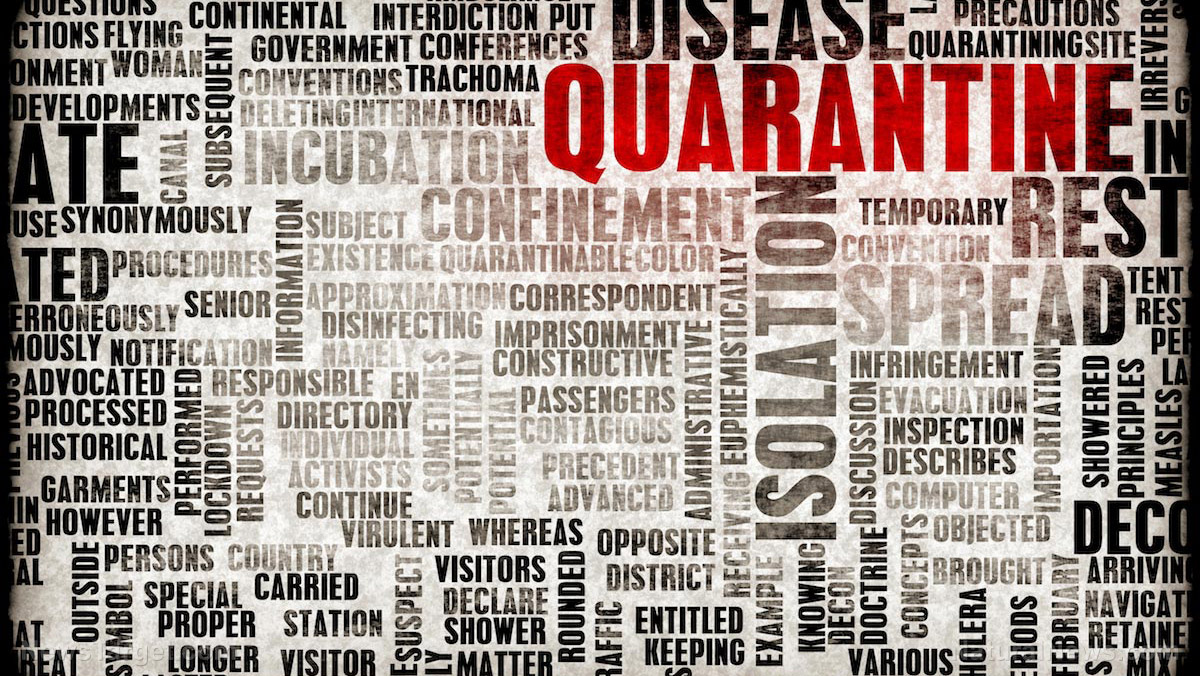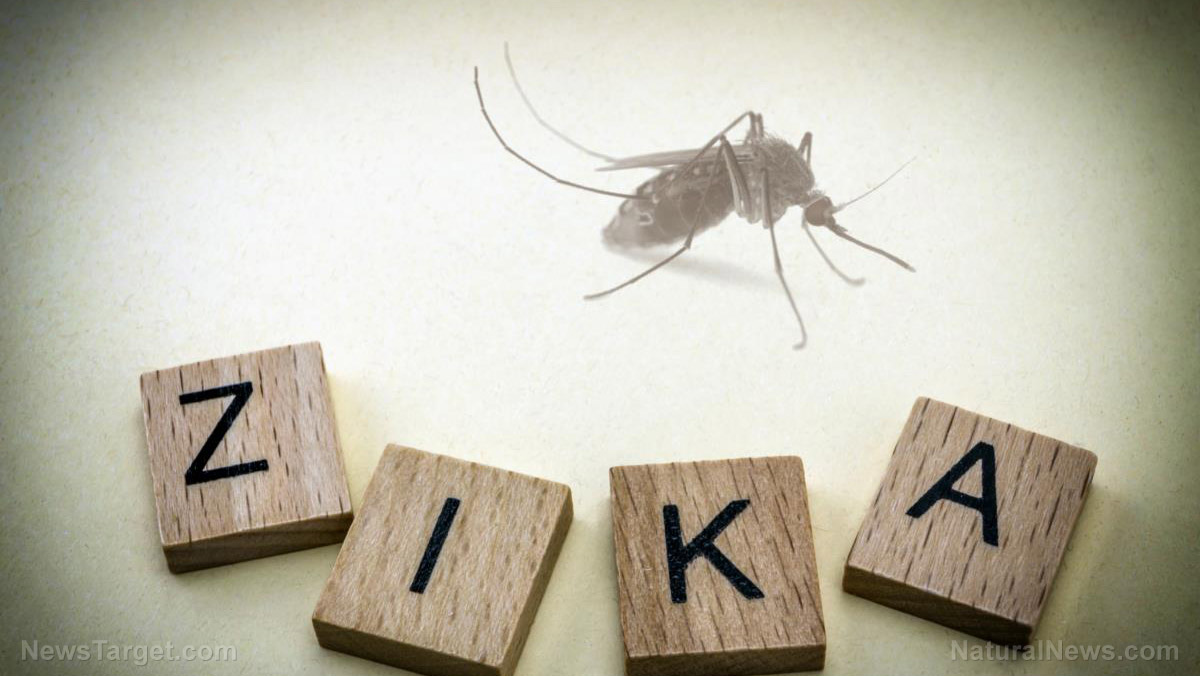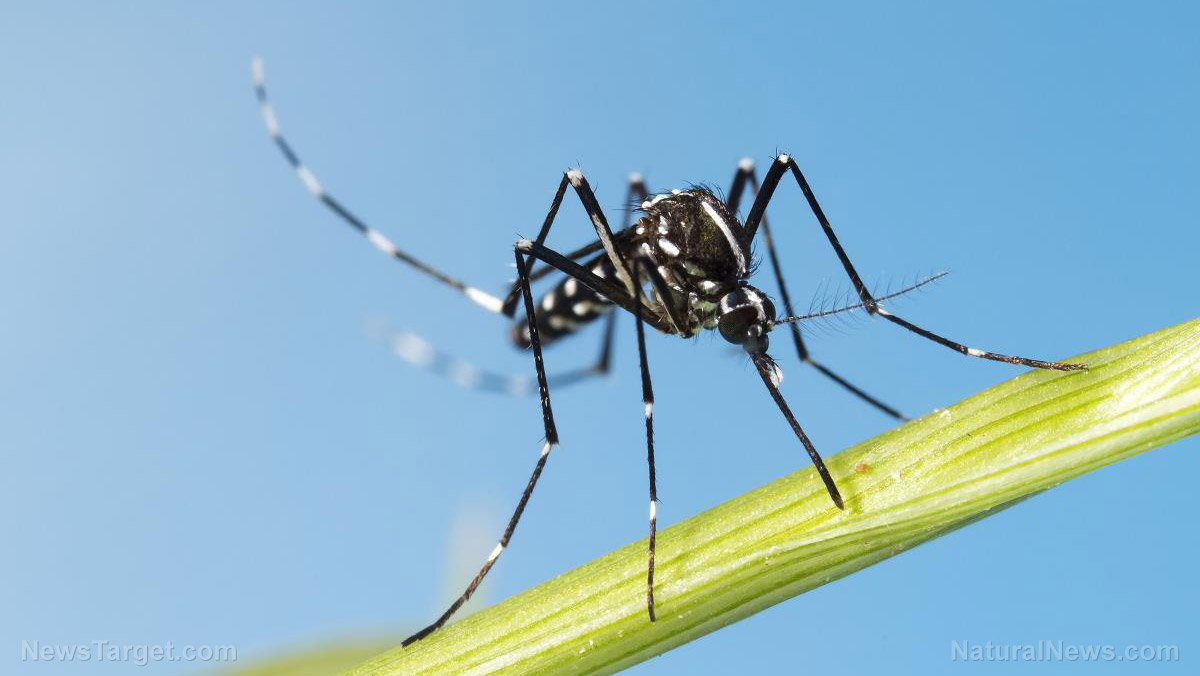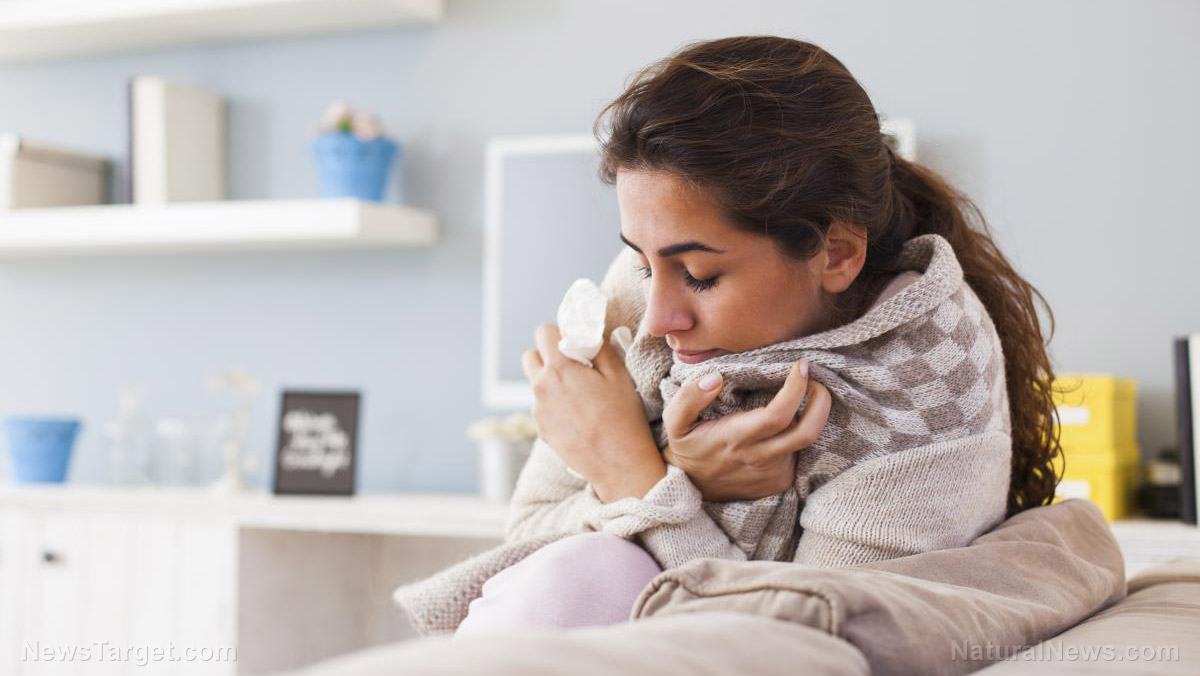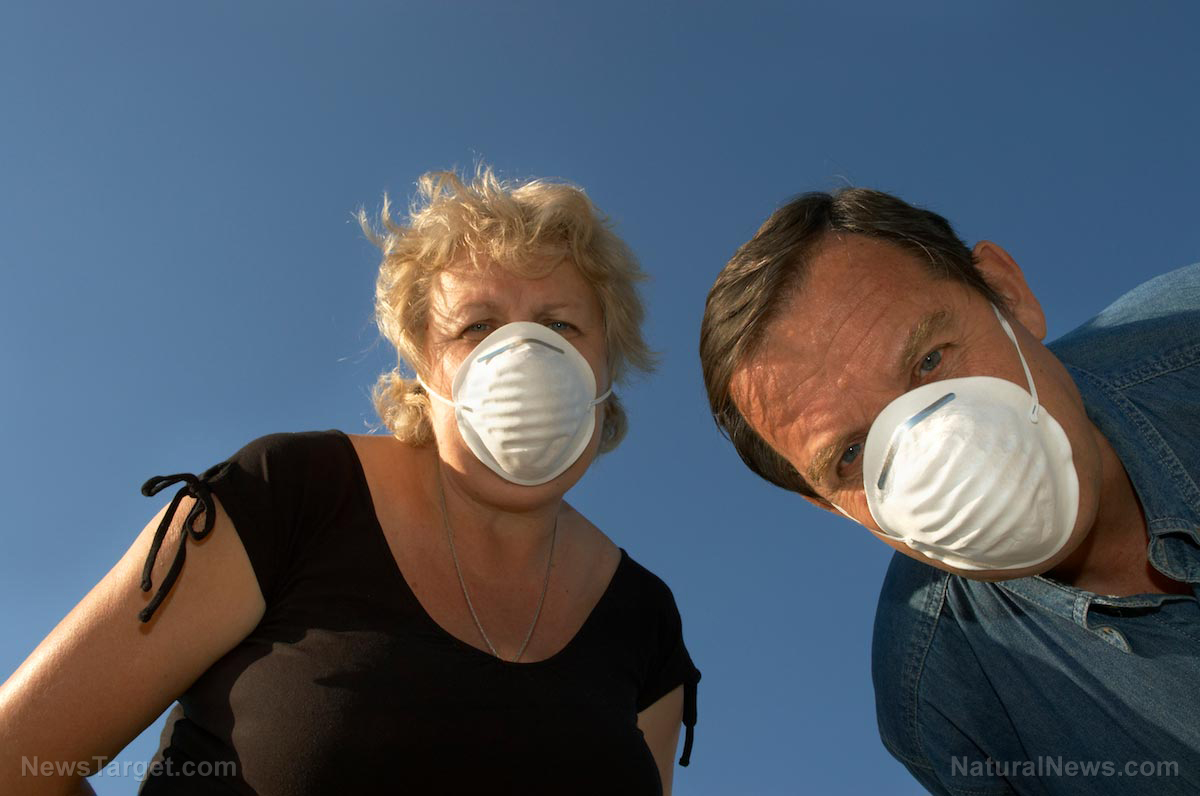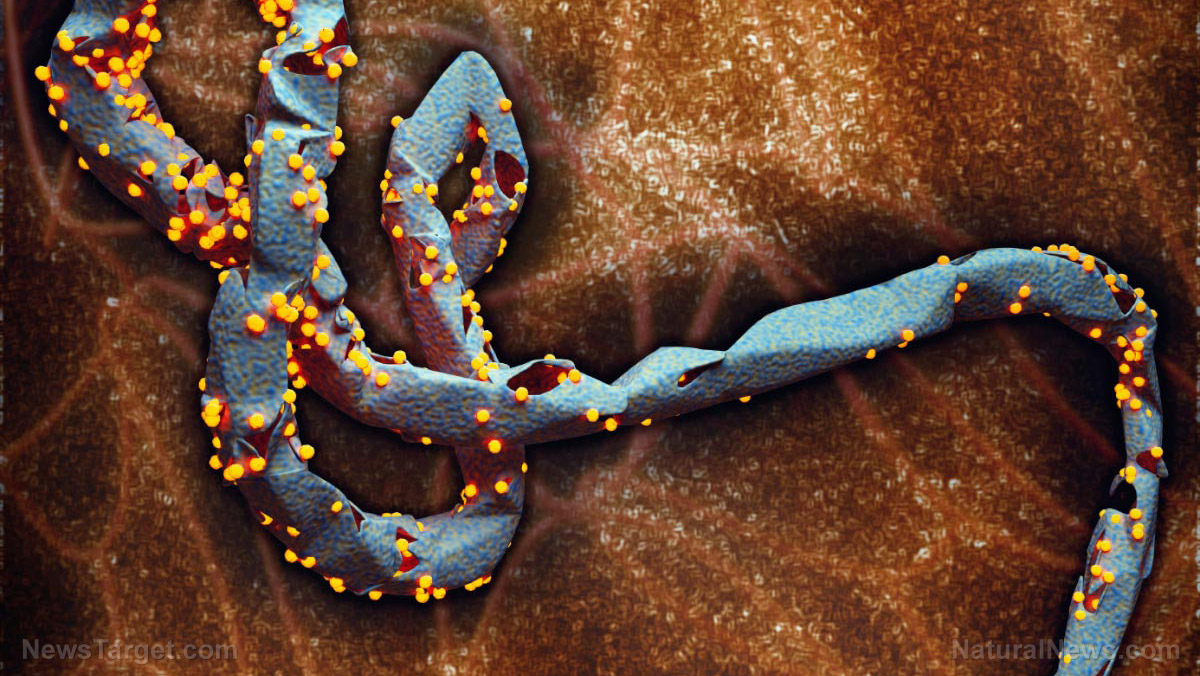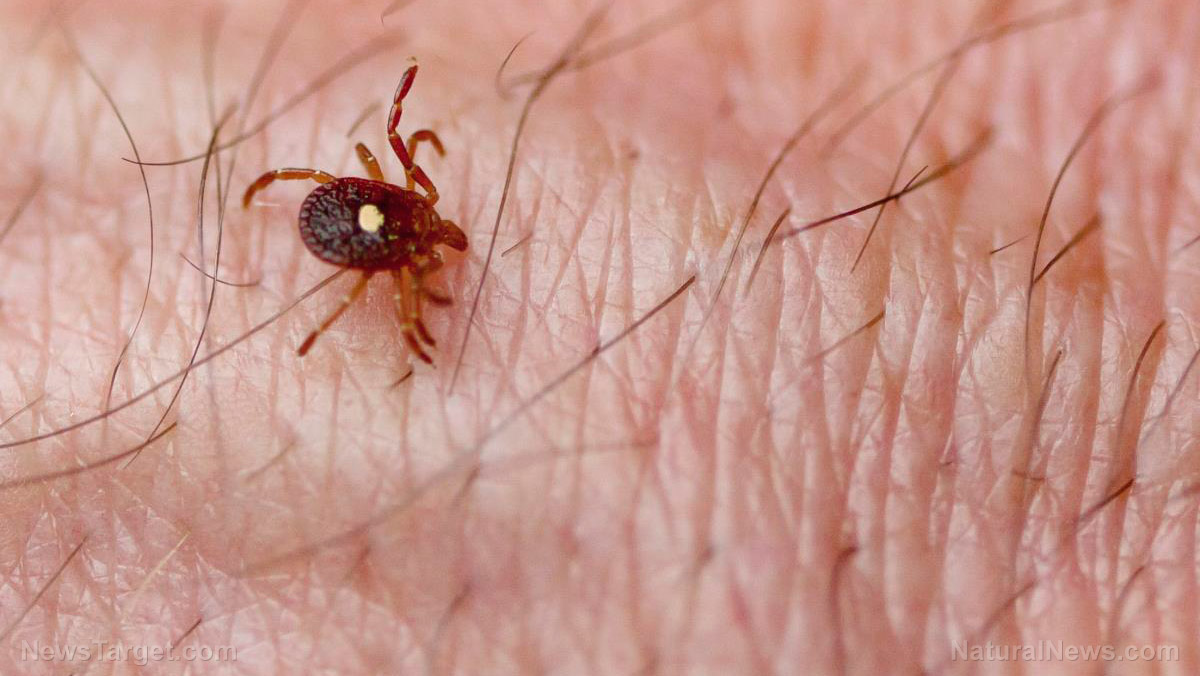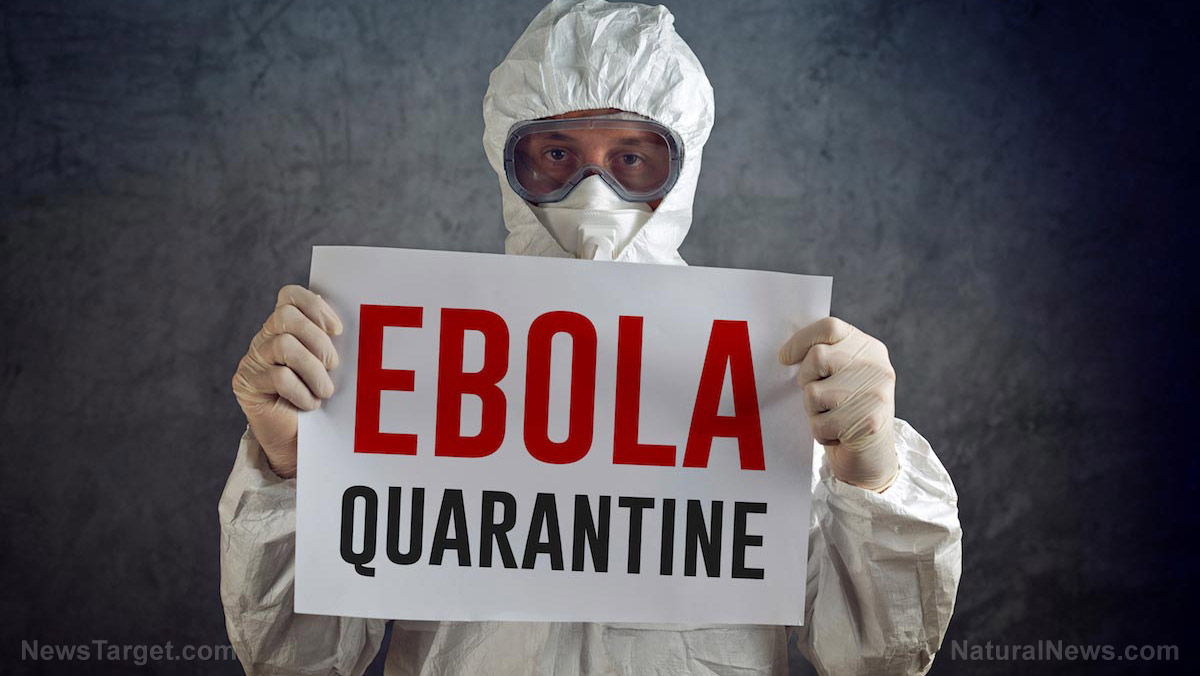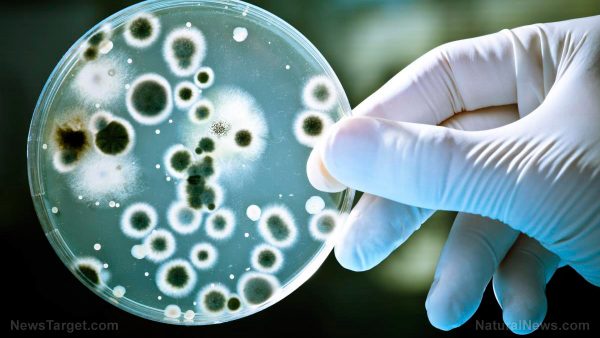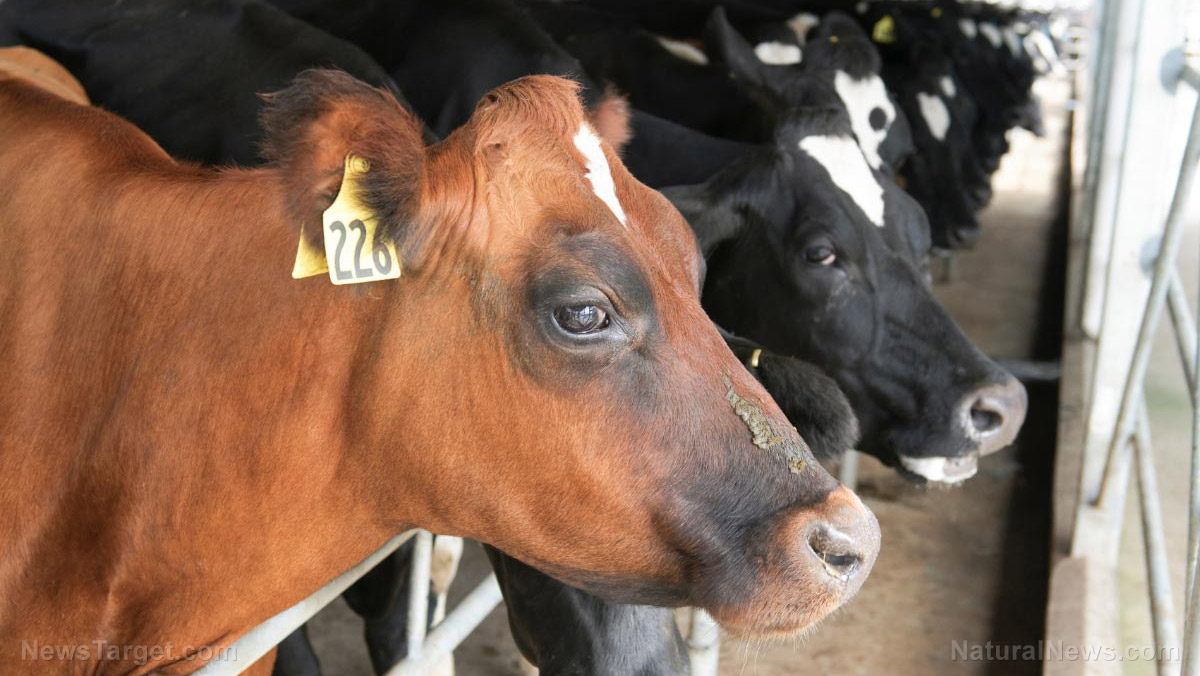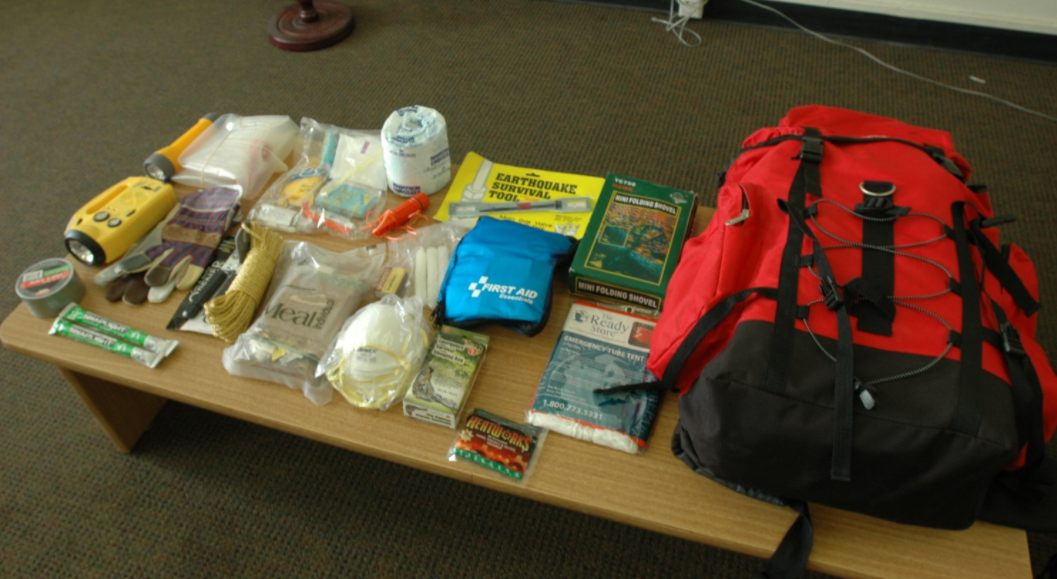For when TEOTWAWKI happens: How to protect yourself from biohazards
06/04/2018 / By Edsel Cook
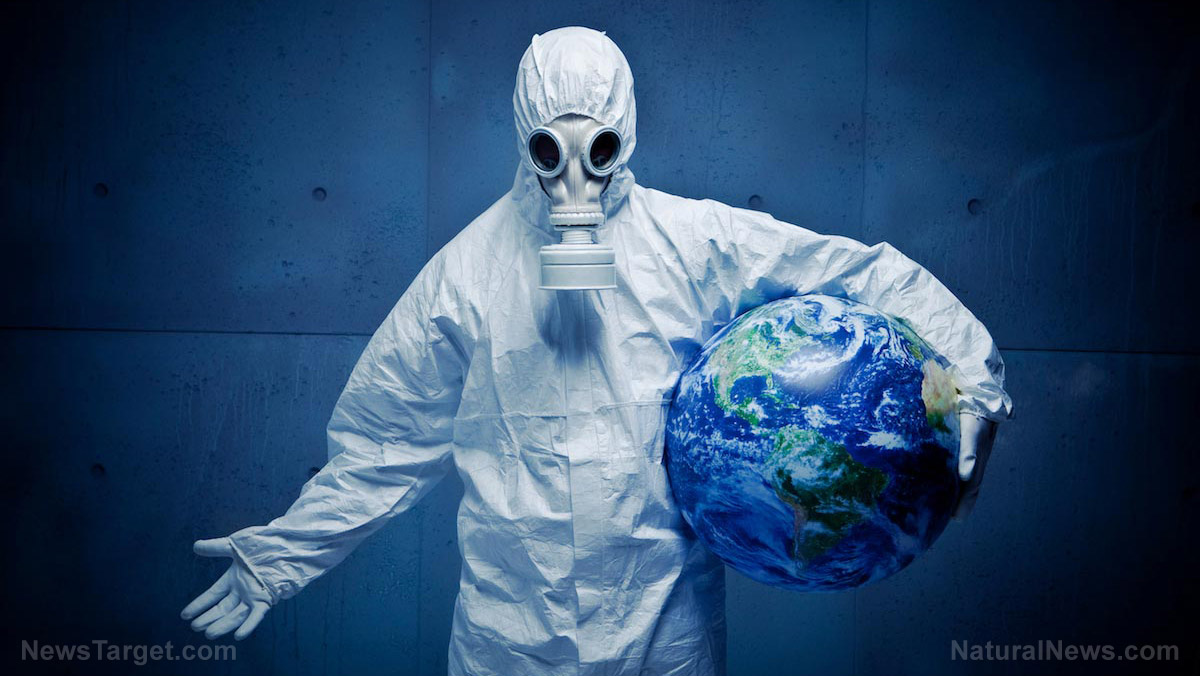
The end of the world as we know it (TEOTWAWKI) could result from pandemics of antibiotic-resistant superbugs used by terrorists. But there are steps you can take to protect yourself and your loved ones from the threat posed by these biological hazards, as stated by a Beans, Bullets, Bandages and You article.
Biohazards are harmful organic substances that can infect living creatures and spread among the members of a population. They should be on the top of the list of things that a prepper must get ready for.
The best way to defend yourself against biohazards is to avoid exposing yourself to them. An ounce of prevention is better than a pound of cure.
Avoiding biohazards is fairly straightforward. They are essentially very infectious diseases, so avoid physical contact with anything that might have been touched or used by an infected person. (Related: 220 cases of “nightmare bacteria” with antiobiotic-resistant genes recorded in 27 states.)
Do not handle body fluids that came from an infected person. The pathogens are carried by fluids like blood, saliva, urine, and others. So no blood transfusions and no sex, which are common ways people trade body fluids.
In fact, avoid any person who is ill unless you are either well-protected or have no choice. There’s a reason health professionals and people who tend patients often get infected as well.
Avoid crowded areas, wash your hands, and stay clear of animal vectors
The second most effective way a biohazard can spread is through the air. Some germs are able to ride small droplets of moisture that float in the air.
For example, the bacteria that causes Legionnaire’s disease live in cold and wet environments, such as the heating and cooling units of buildings. The ventilation system carries these airborne bacteria to inhabited parts, where they can infect people.
The deadly 1995 sarin attacks in Japan was the first incident where terrorists unleashed poison gas in public areas. The cultists who conducted those attacks also tried to manufacture botulinum toxin as a bioweapon. Other terrorists have also considered using biohazards as weapons.
So how do you avoid airborne biohazards? For starters, avoid events and places with large numbers of people because it’s easier for biohazards to spread there. Places like subways and malls are also bigger targets for terrorists.
Contrary to what you may think, medical masks are not very good at screening out airborne germs. They are effective when worn by a sick person because they trap pathogens.
Wash your hands with soap on a regular basis. Certain bacteria – like the one responsible for anthrax – can survive a long time on surfaces. They will transfer onto your hands when you touch them.
Speaking of anthrax, there are diseases found in animals that can infect humans. Anthrax originated in cattle and other hoofed stock, bird flu is transmitted through poultry, and swine flu is found in pigs. Steer clear of areas with these critters.
If you get exposed, self-quarantine, wash thoroughly, and boost your immune system
Despite your best efforts, you might end up exposed to biohazards anyway. In that case, quarantine yourself at once to keep the infection from spreading to your loved ones.
Wash yourself and your clothes as thoroughly as possible. Get rid of any possible pathogens on your body and items.
Help your own immune system fight the infection. It can handle most threats, especially if you support it by eating healthy foods, sleeping and resting well, and working out regularly.
Hopefully, things won’t come to that. As long as you keep your distance from obvious threats and regularly clean yourself, you should be safe from biohazards.
Stay alerted about possible pandemics caused by biohazards and other pathogens by visiting Bioterrorism.news.
Sources include:
Tagged Under: airborne diseases, anthrax, antibiotic resistance, bacteria, biohazard, bioweapons, bird flu, body fluids, disaster prepping, epidemic, germs, infection, infectious diseases, Legionnaire's disease, outbreak, pandemic, pathogens, preparedness, prepping guide, superbugs, TEOTWAWKI, terrorism, terrorist attacks, virus



